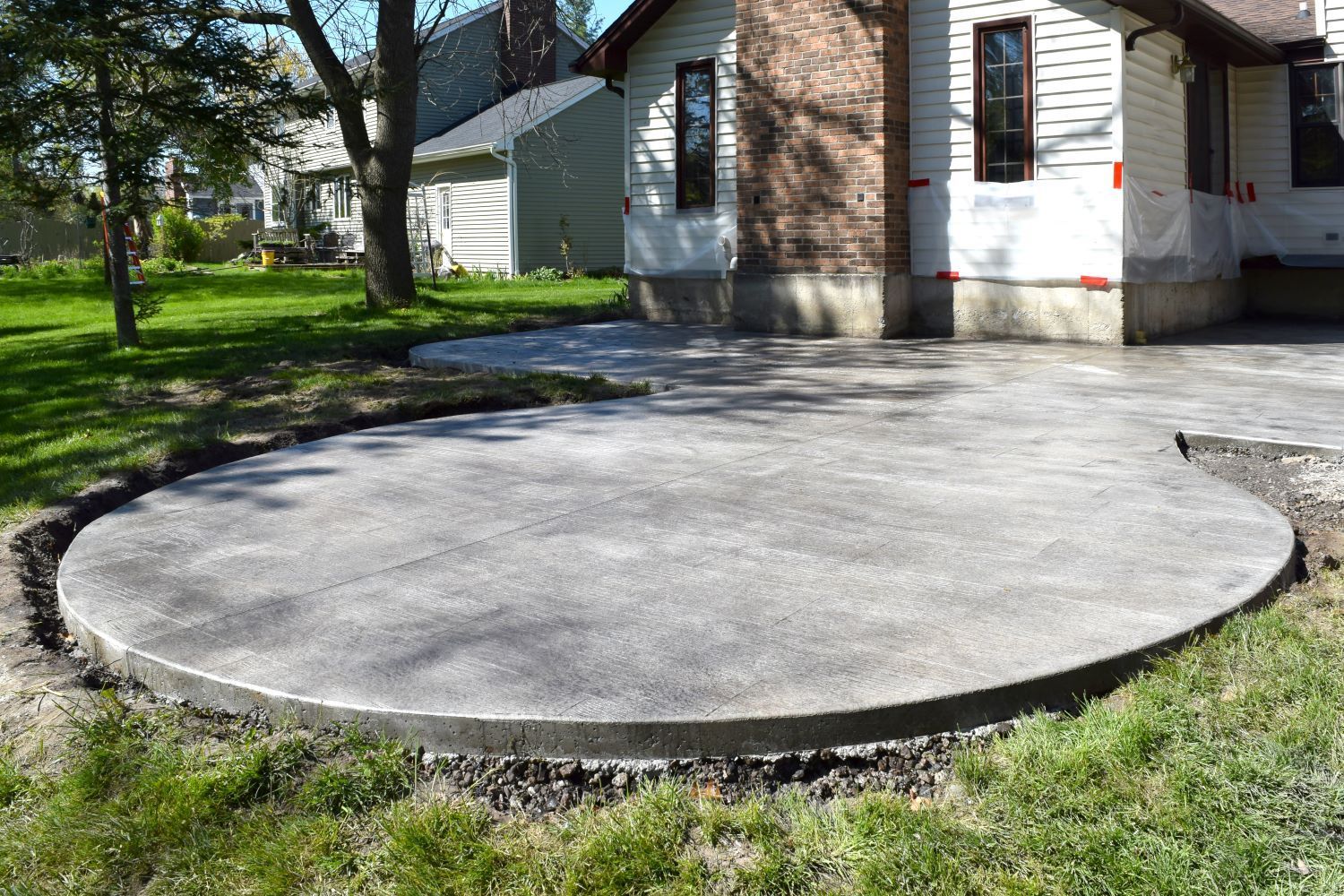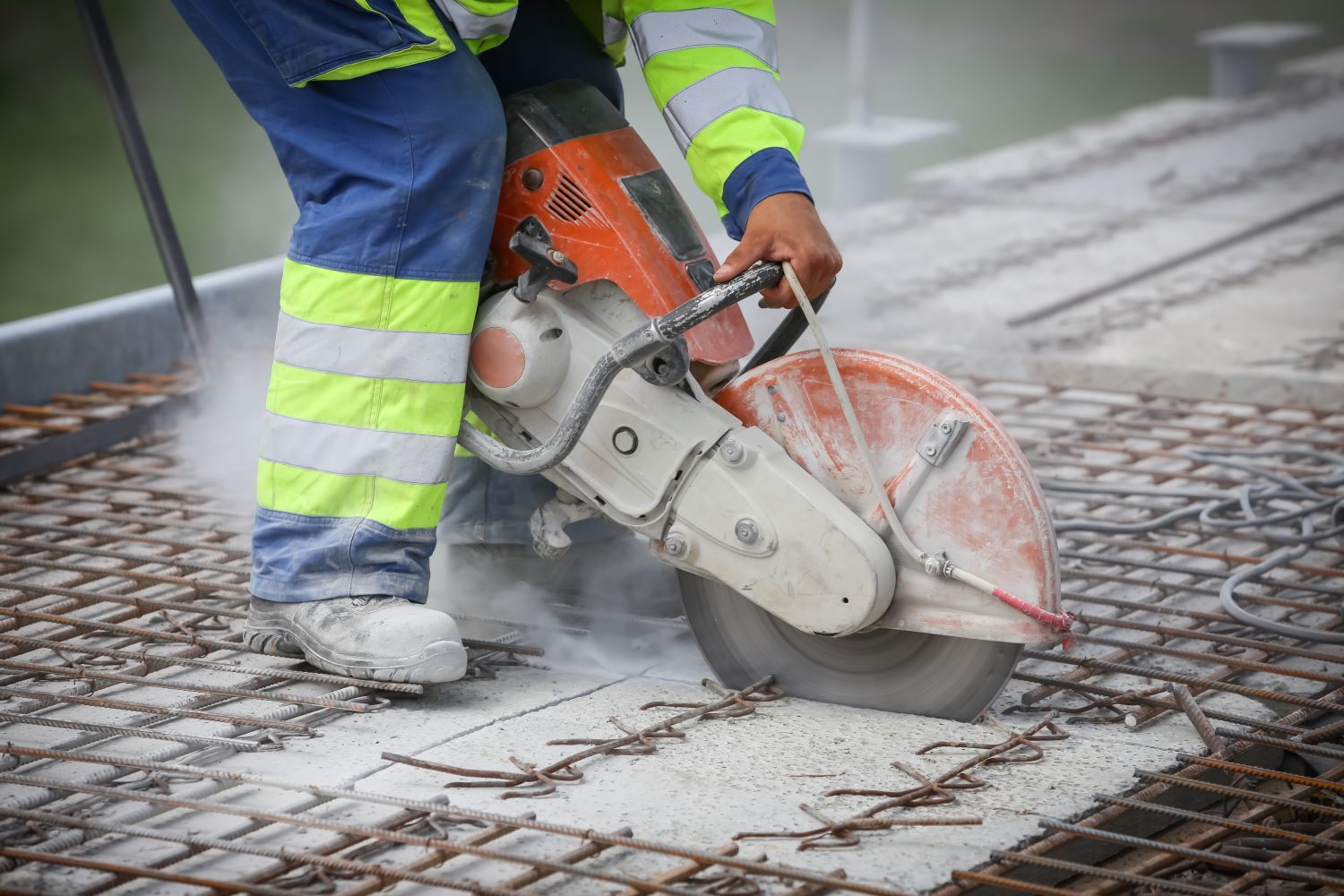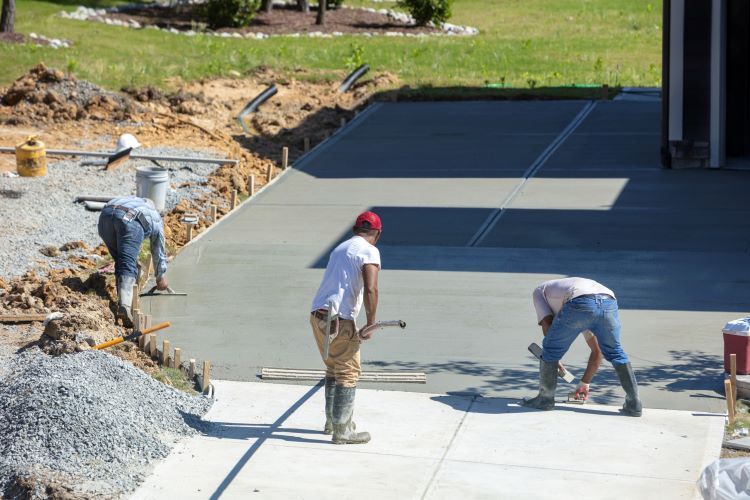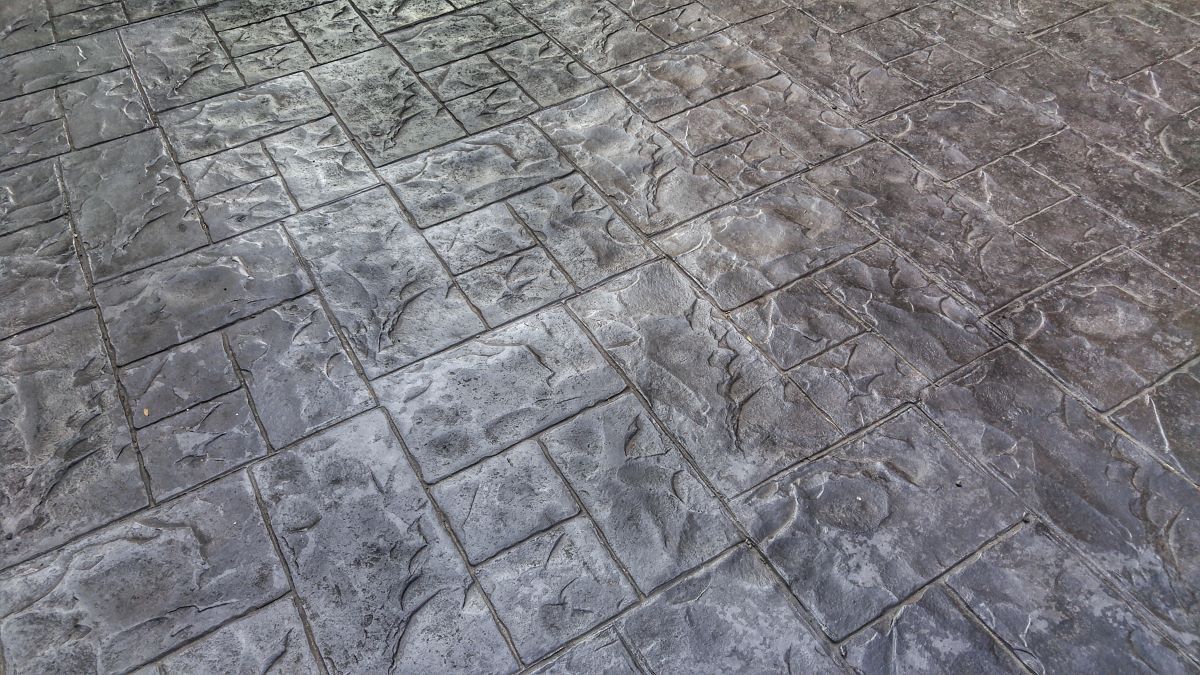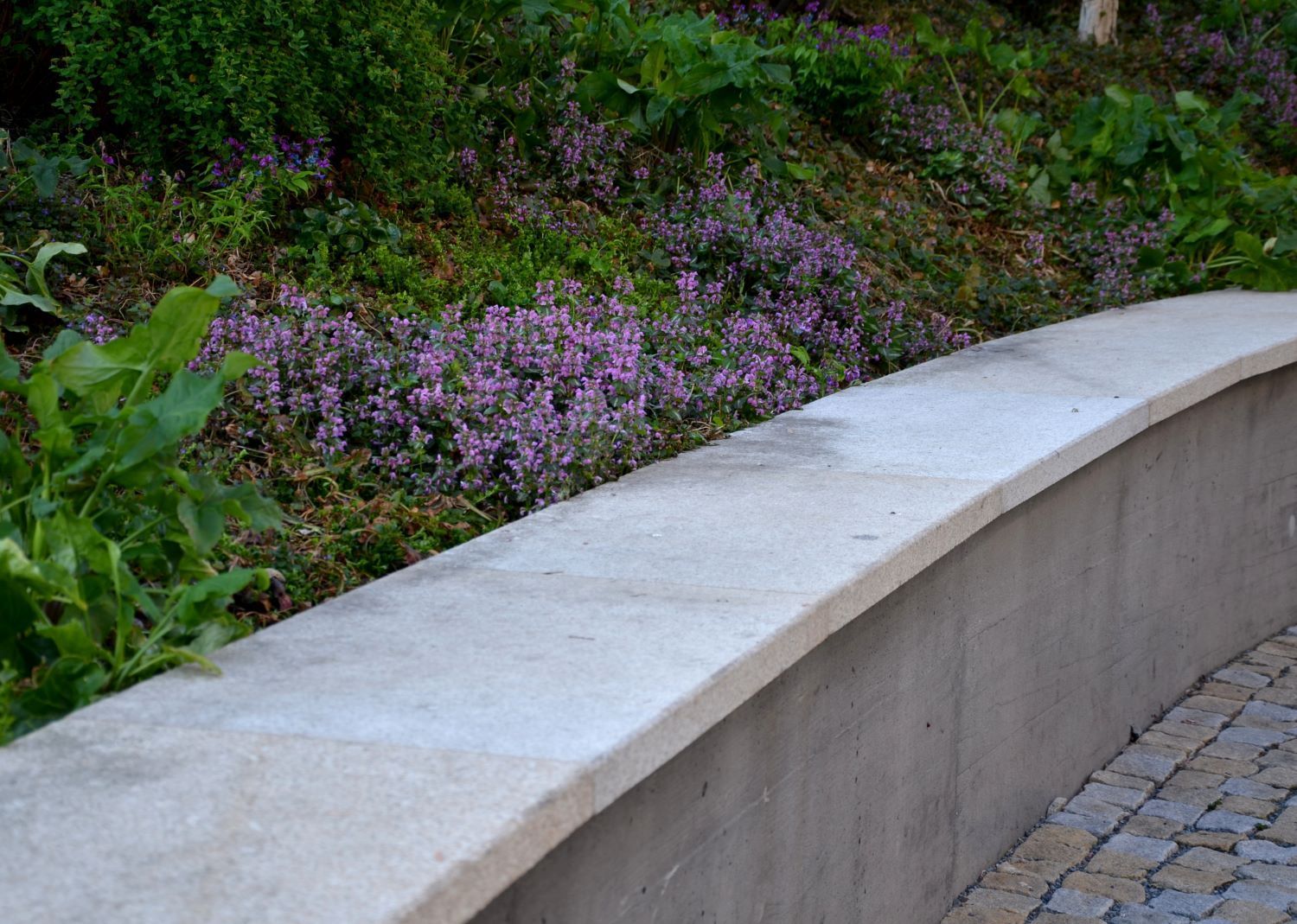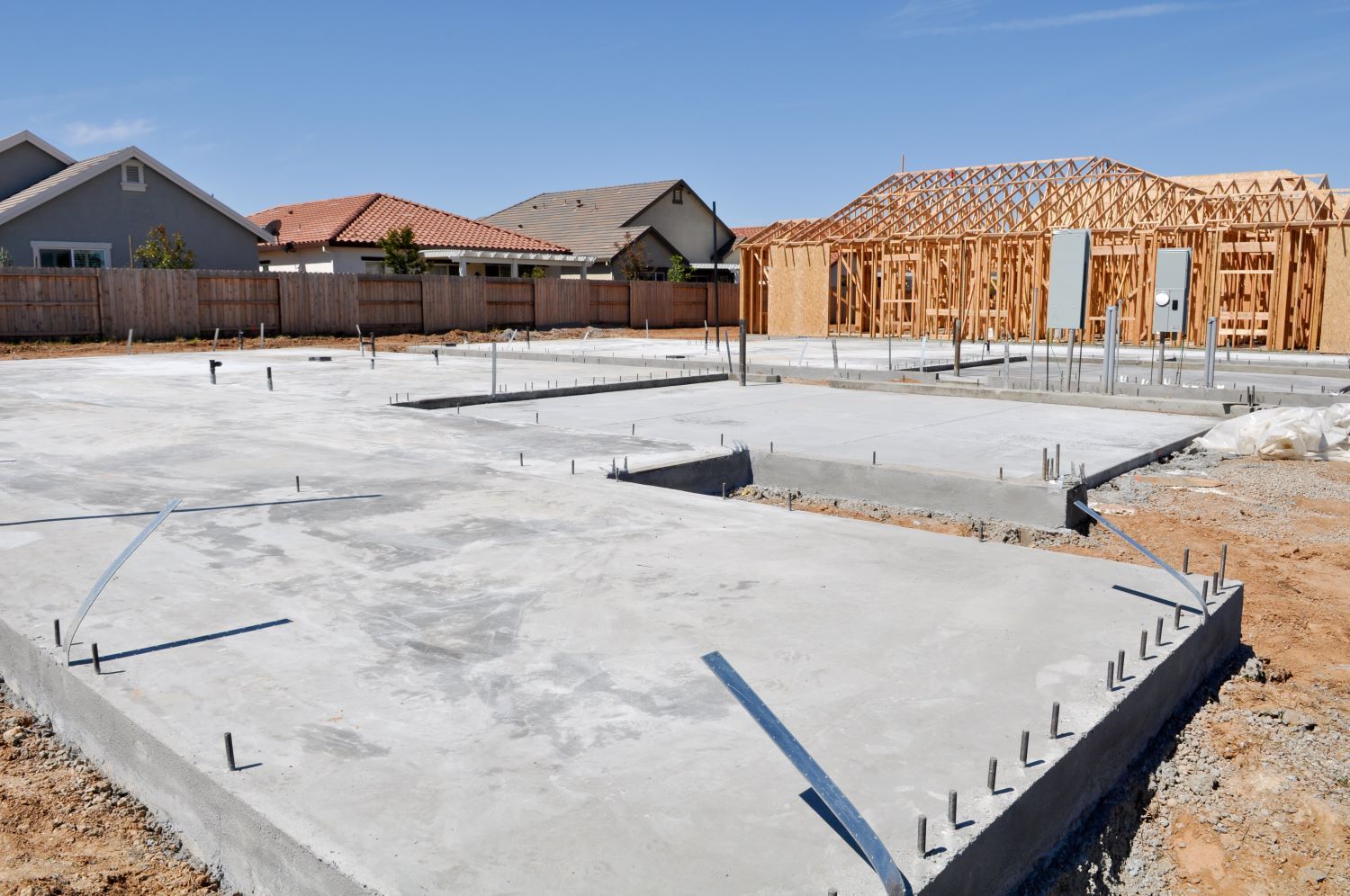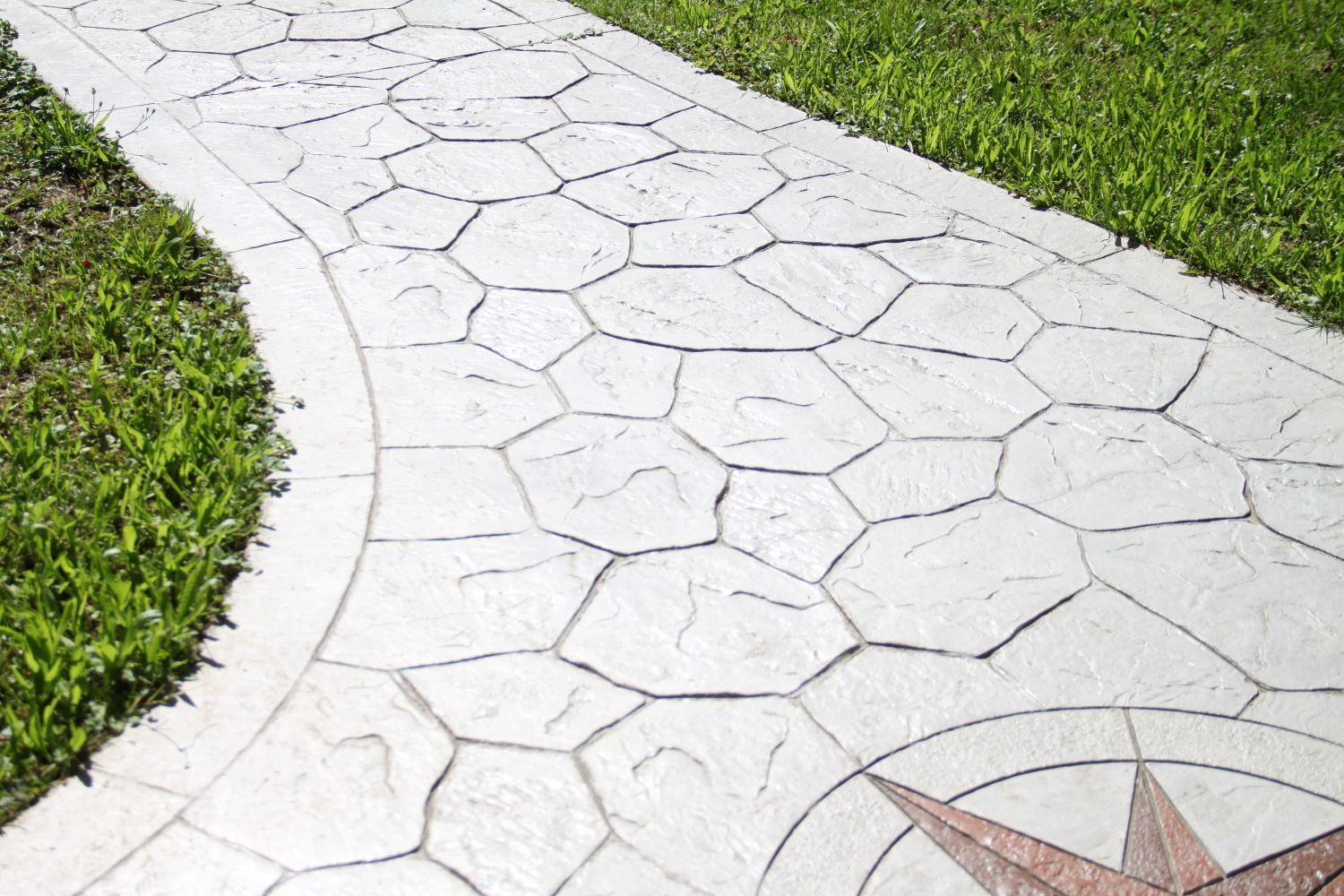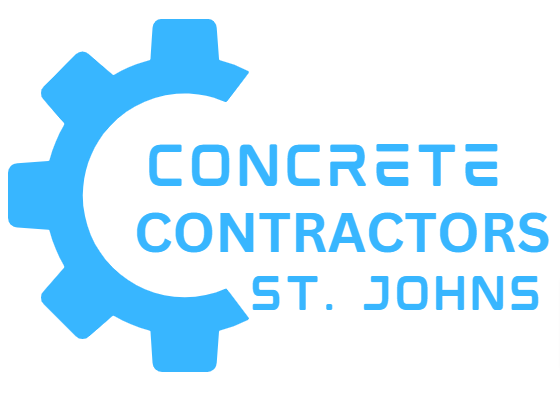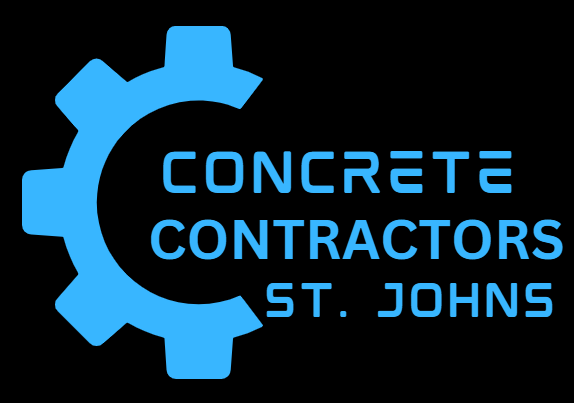Asphalt Paving vs. Concrete: Which is Better for Your Home?
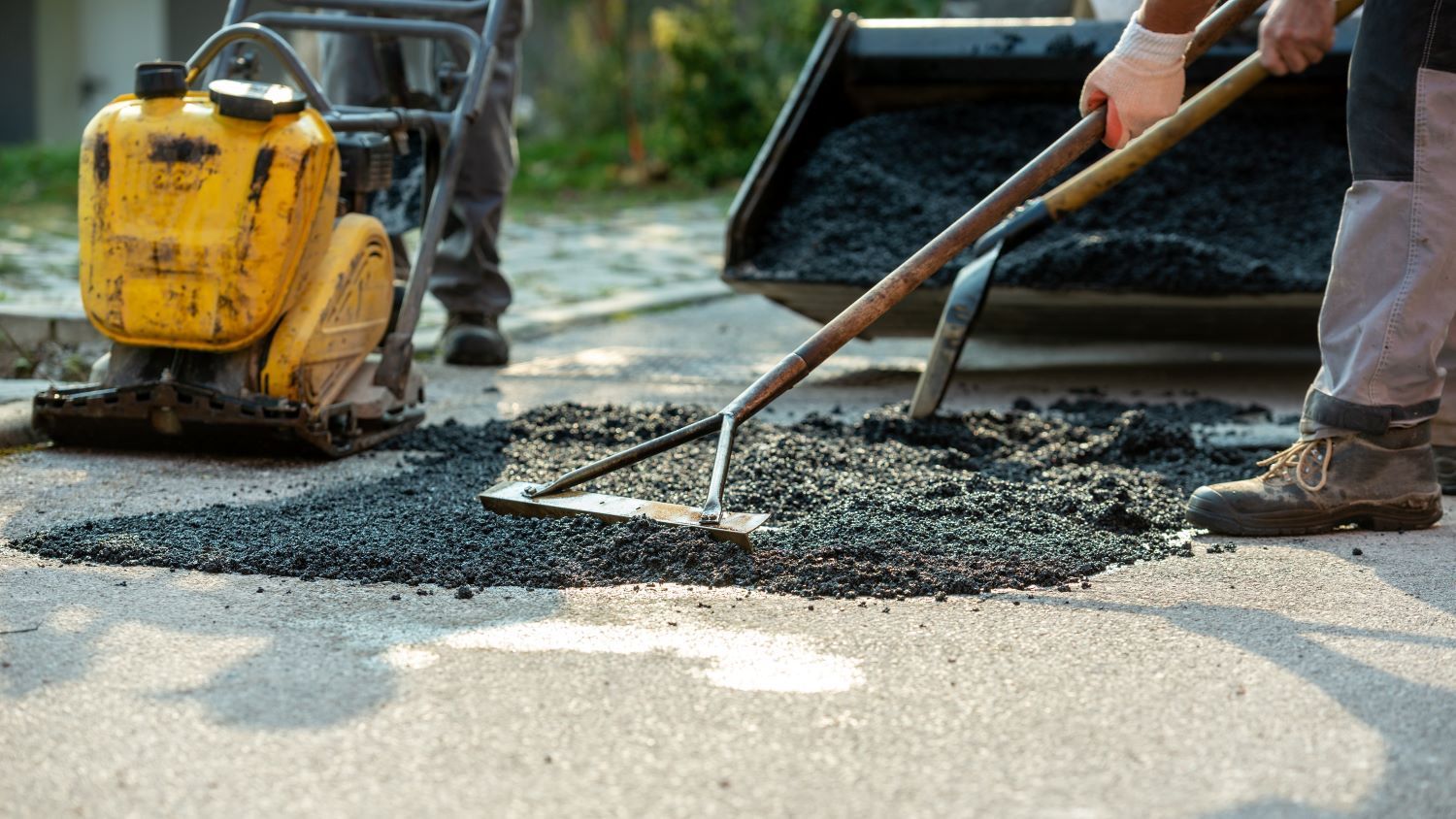
When it comes to paving your driveway or other outdoor areas, the choice between asphalt and concrete is a significant decision that can impact the aesthetics, functionality, and longevity of your property. At Concrete Contractors St. Johns, we understand the importance of making an informed decision that best suits your needs. In this article, we’ll explore the key differences between asphalt and concrete paving to help you determine which option is better for your home in St. John's, Newfoundland.
Durability and Longevity
Asphalt
Asphalt is known for its flexibility, which allows it to handle freeze-thaw cycles better than concrete. This makes it less prone to cracking in cold climates, a crucial consideration for homeowners in St. John's. However, asphalt typically has a shorter lifespan, averaging around 15-20 years with proper maintenance.
Concrete
Concrete is extremely durable and can last 30 years or more when well-maintained. It is resistant to heavy loads and weathering, making it an excellent choice for driveways and other high-traffic areas. However, it is more susceptible to cracking in regions with frequent temperature fluctuations.
Maintenance Requirements
Asphalt
Asphalt requires regular maintenance, including sealcoating every 2-3 years and occasional crack repairs. Sealcoating helps protect the surface from water, oil, and UV damage, extending the lifespan of the pavement. Despite these maintenance needs, repairs are generally easier and less expensive compared to concrete.
Concrete
Concrete requires less frequent maintenance but is more challenging and costly to repair when damage occurs. Sealing every few years can help prevent staining and surface wear. If cracks or damage do occur, repairs can be more noticeable and often require professional attention.
Installation Time and Cost
Asphalt
Asphalt paving is usually quicker to install, often completed within a day or two, depending on the size of the project. It also tends to be less expensive upfront compared to concrete. However, the cost of ongoing maintenance should be considered when evaluating long-term expenses.
Concrete
Concrete installation takes longer due to the curing time required to achieve its full strength, usually around 7 days. While the initial cost of concrete paving is higher, its longer lifespan and lower maintenance needs can make it a more cost-effective option over time.
Aesthetic Appeal
Asphalt
Asphalt offers a sleek, dark finish that can enhance the curb appeal of your home. While it doesn’t offer as many design options as concrete, it provides a classic, clean look that suits many properties.
Concrete
Concrete is highly versatile in terms of aesthetics. It can be colored, stamped, or textured to mimic other materials such as brick or stone. This variety allows homeowners to customize the appearance of their driveways and outdoor areas to match their personal style and home design.
Environmental Impact
Asphalt
Asphalt is recyclable, and many asphalt pavements are made using recycled materials, making it an environmentally friendly option. However, the production of new asphalt can be energy-intensive and emit greenhouse gases.
Concrete
Concrete production also has a significant environmental impact due to the high energy required to produce cement. However, concrete’s longevity and lower maintenance requirements can offset some of these environmental concerns. Additionally, concrete can be recycled at the end of its life cycle.
Making the Right Choice for Your Home
Choosing between asphalt and concrete paving depends on several factors, including your budget, aesthetic preferences, climate considerations, and maintenance capabilities. For homeowners in St. John's, Newfoundland, where harsh winters and freeze-thaw cycles are common, asphalt’s flexibility and ease of repair can be advantageous. However, if you prioritize longevity and customizable design options, concrete might be the better choice.
At Concrete Contractors St. Johns, we offer professional consultation and high-quality installation services for both asphalt and concrete paving. Our team of experts is dedicated to helping you make the best decision for your home, ensuring that your paving project enhances both the functionality and beauty of your property.
